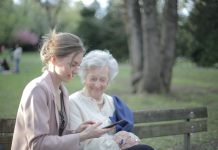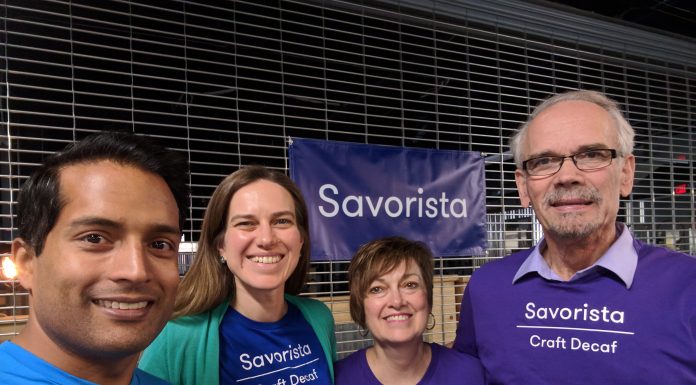Good health is something many people take for granted until they no longer have it. Monitoring your overall health and working to stay healthy should be a central part of our self-care routines. As we age, our bodies change. Women of all ages need to have a good understanding of their health. This becomes even more true the older we become.
1. Health Screening
Seeing your doctor regularly for physicals and health screenings is a massive part of preventative health. As you age, your health changes, and so do your risks for various medical problems, such as the increased risk for some diseases. Your doctor knows the risks and can look for warning signs to catch an issue early on. Health screenings are vital because, typically, health issues are easier to treat in the beginning stages. Mammograms every two years between the ages of 65-74 are one type of health screening. Your doctor will also order colorectal exams to screen for signs of colorectal cancer or polyps. Health screenings can detect severe diseases and cancers before they cause too much damage to your body, making them easier to treat. Please note any symptoms you may be experiencing, no matter how small, and be sure to tell your doctor about them at your checkup.
2. Know Yourself
Your energy levels may decrease over time but if you note sudden or drastic changes in your energy, make a note of that and any other symptoms to inform your doctor. When you experience new changes, don’t rush to chalk it up to old age. It could be something that could be treatable. For example, thyroid health can play a significant role in energy levels and many other areas of your life. If something seems off, be sure to pay close attention to the details. No one knows your body better than you.
3. Eye Health
Eyesight weakens for most people, male or female, as we age. Regular eye exams are essential to correct any vision impairments and to check for glaucoma. Glaucoma is an eye condition that can cause blindness. The optic nerve that connects your eye to your brain is damaged with glaucoma, usually caused by increased pressure built up inside of your eye. When caught early on, long-term vision loss may be avoided. This condition tends to run in families. Women over the age of 65 are at a higher risk for developing glaucoma, so regular eye exams are essential to protect your vision as you age.
4. Nutrition
A well-balanced diet is crucial for all ages but becomes even more important, especially as we age. Vitamins and nutrients help our bodies perform daily tasks, give us energy and keep us healthy. A nutritious diet can help your organs function properly and boost your immune system while also helping with weight management. Drinking plenty of water each day will help keep you hydrated, which has numerous benefits. Some of these benefits include more energy, relief of constipation, enhanced brain function and better organ function.
5. Bone Health
Osteoporosis is a bone disease where bone mass and density decrease, and your bones become very weak. Your body does not create new bone fast enough to keep up with the rate of bone loss you experience with osteoporosis. Bones may become so brittle with osteoporosis that a little fall or even coughing can result in fractured bones. Balance and stability may decrease naturally over the years, resulting in more falls. Osteoporosis can affect any gender or race. However, older white and Asian women are most commonly affected. For this reason, aging women should have a bone mineral density test performed around the age of 65, even if they are not considered high-risk for the development of osteoporosis.
Keeping good health and maintaining energy levels as we age can provide us with the opportunity to experience all of the joys we look forward to in our daily lives. Aging can come with its own set of issues, but proper nutrition and regular health screenings can help detect problems early on. Your health is a gift, so make sure you pay attention to it.
























